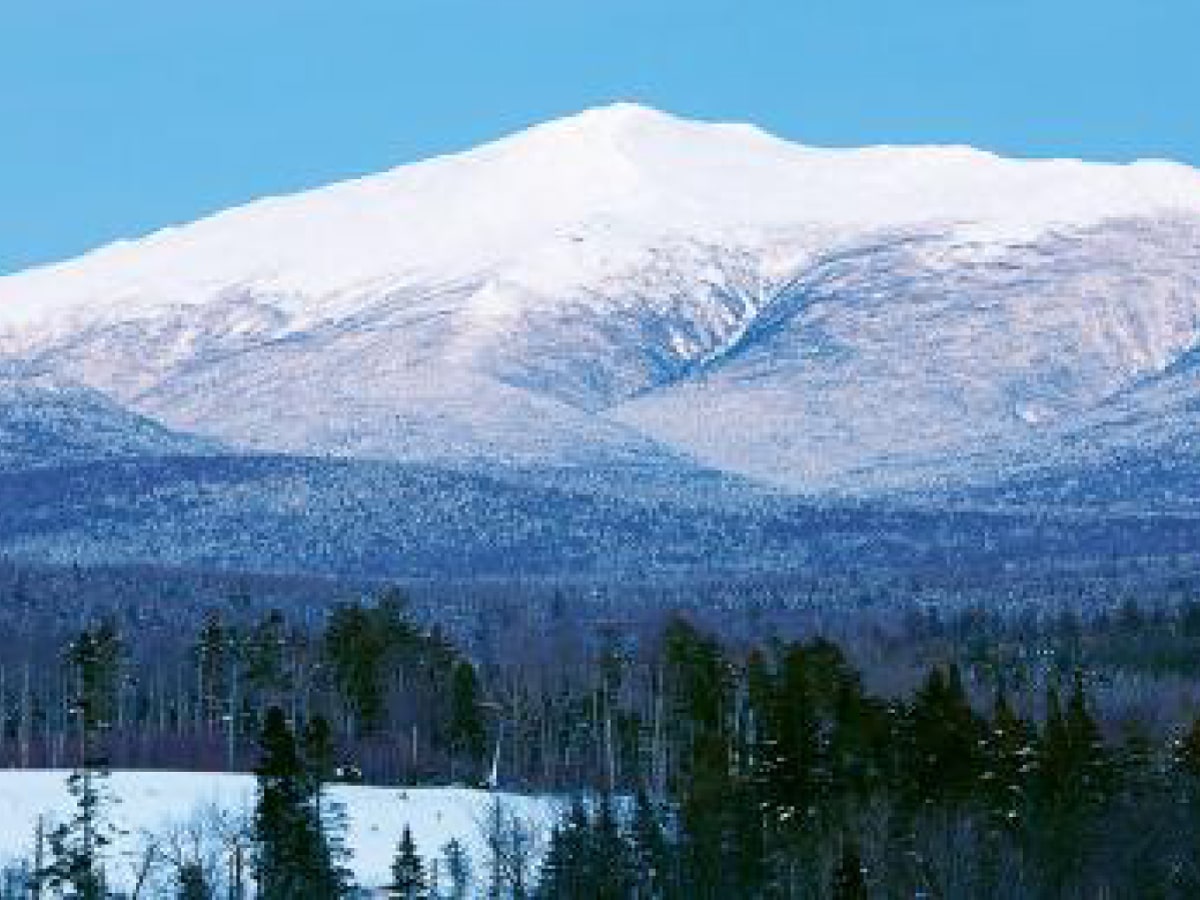Mountaineering 101: The Basics for Beginners

Mount Washington.

Mount Washington.
Prepare!
You need to train and prepare to be a mountaineer. Although mountain climbing can be done safely, the sport is a risky activity and very demanding both physically and mentally. But the sense of accomplishment makes climbing worth the effort. Climbing will make you feel alive. You don't want to start until you have learned the basics. Follow these steps to start your journey towards expertise. And there are many ways to prepare with the AMC.Read
Read mountaineering books. Chris Neil, co-chair of the Berkshire (now Western MA) Chapter's Mountaineering Committee, recommends these books: Accidents in North American Climbing, The Ledge, In To Thin Air, and Touching the Void. Neil says that, "All the tragedy books are insanely useful at the onset. They help develop the proper mindset for pursuing this sport." In addition, the Interchapter Climbing Committee Chair, Bill Fogel, recommends the Learning to Climb series by John Long, Self Rescue by David Fasulo, and Freedom of the Hills by the Mountaineers.Find a Mentor
It's good to have a mentor when you first begin mountaineering. Having someone to give you advice and answer questions really helps you in the long run. The AMC has many ways to help members find climbing mentors:- The Berkshire Chapter (now Western MA Chapter) has an active mountaineering community where experienced climbers offer training and lead group climbing activities.
- During normal times, the chapter's mountaineering committee offers regular training, instruction and mentoring.
- In the Connecticut River Valley there are various outdoor locations where climbers at all ability levels can practice and train. There are also are indoor locations such as Central Rock Gym.
Take a Class
Taking a class is a great way to learn the basics of mountaineering. The sport is a team effort, so taking a class surrounds you with other beginners working together. Having a teacher teach you the ins and outs of mountaineering gives you hands-on practice. They can teach you climbing techniques and where to place your hands and feet. In nearby Hadley, MA you can access training and practice opportunities at the Central Rock Gym.Use the Right Gear
Having the correct gear and knowing how to use it is extremely important to safe climbing. Mountaineering activity leaders Neil and Fogel recommend the items below. Helmet: You have to protect your head! You could hurt your head falling or catching. Don't forget this essential piece of gear and risk something happening that could prevent you from climbing later on in life. Footwear: There are different types depending on climate conditions: Rock, Ice, or Long mountains. Having different pairs of boots for different terrains/types of weather is useful. Evaluate your goal before you choose your shoe. For example, Neil explains that he has "two different rock climbing shoes (aggressive vs multipitch for longer objectives)". Clothing: Clothing is about knowing your goal as well. Neil says that he "recently just made an attempt at an extremely ambitious goal in the Whites. I reached out to Bill [Interchapter Climbing chair] and a couple others for advice. I was turned down by thunderstorms 1/4 way through but was thankful for the support I was given." Consider all weather conditions when packing for a mountaineering trip. If you don't know; ask your mentor or community.Practice Makes Perfect!
Practice, practice, practice! You need to train continuously to become a mountaineer. Here are some good, local mountains to climb for beginners in the Western MA Chapter region:- The Whites: The Black Dike or Pinnacle Gully routes (both ice)
- Katahdin: the Cilley Barber Route (ice), Armadillo (rock)
- The Daks: Wallface - the Diagonal Route (rock)
- Farley Ledges - Farley, MA (rock). For more info: Farley Ledges
